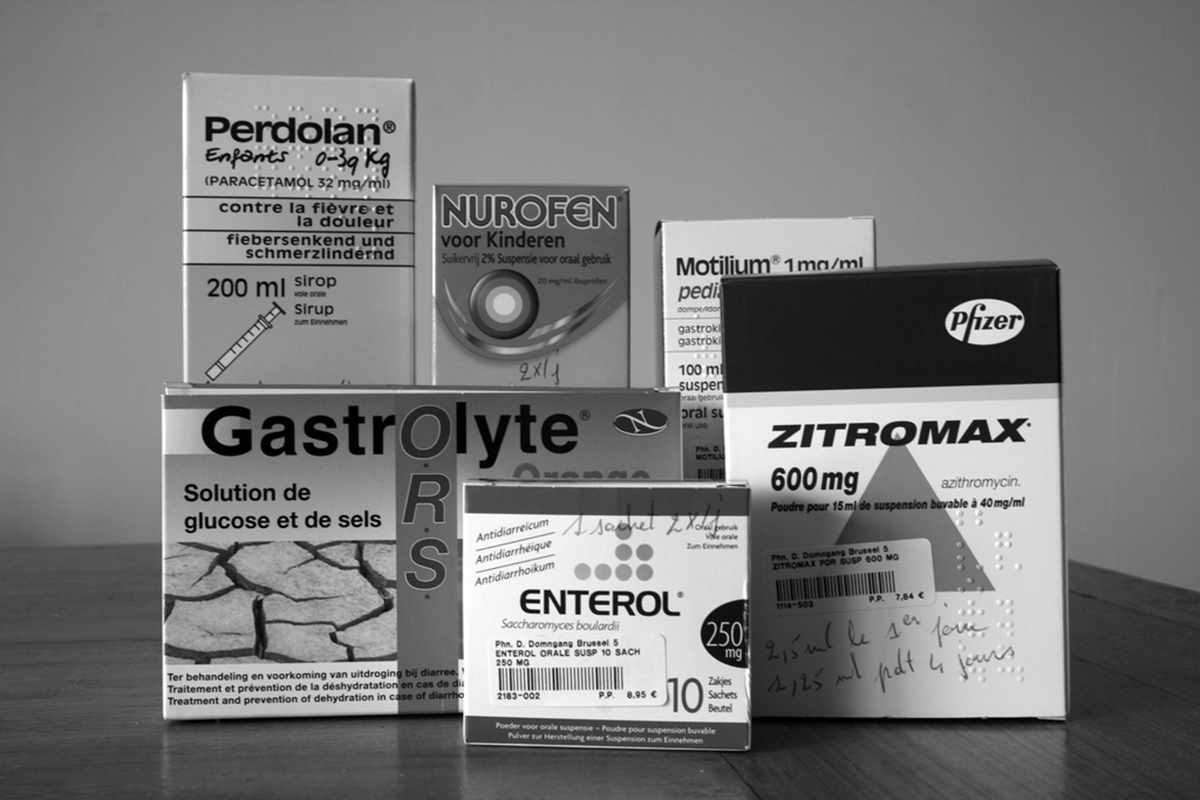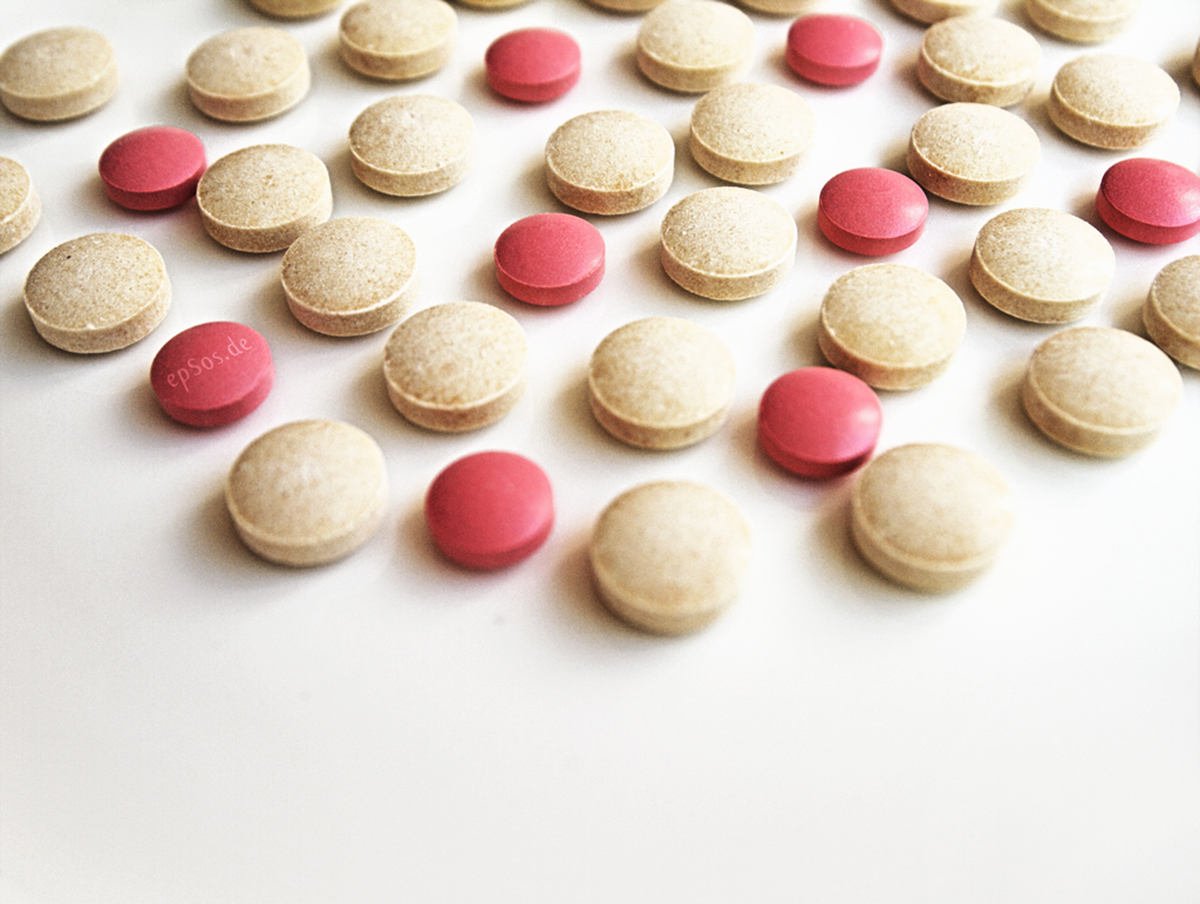Antibiotics have been in use for almost 70 years and while they have proved to be valuable for the treatment of a multitude of infections, they have also led to increase in the resistance in bacterial strains through a variety of ways. This study is yet another Testimonial to the fact that antibiotics may be harming the body in more ways than previously thought.
This study has forced the scientists to re-evaluate the potential benefits and risks associated with the use of different classes of antibiotics. This study adequately looks at the thin line of balance between the good and bad microbes in the gut and how persistent use of antibiotics can disrupt this balance.

The study was carried out by investigators from the University of California and was led by the senior author of the study, Andreas Bäumler, professor of medical immunology and microbiology. The results of the study were later published in the journal Cell Host & Microbe.
During the course of the study, experiments were carried out on mice, resulting in the recognition of a chain of events the enhanced the growth of pathogens in the lining of the gut after using streptomycin, a commonly used antibiotic.
Antibiotics Disrupt Oxygen Levels in the Gut Lining
The study revealed that using antibiotics favors the growth of bad bacteria like Salmonella typhi in the gut. The process is initiated with the disruption of the growth of the beneficial microbes. One such example is interruption with the growth of Clostridia, the bacteria responsible for the degradation of fiber ingested from plant based foods to make butyrate, an acid that helps the cells lining the gut as the source of energy for water absorption. Clostridia are anaerobic bacteria; they can grow in the absence of oxygen.
When butyrate is no more available for aiding the absorption of water, the cells resort to fermenting glucose to lactate in order to obtain energy. This fermentation process leads to increase in the level of oxygen, thereby creating an environment that promotes the growth of bad bacteria like Salmonella inside the gut since Salmonella is an aerobic bacterium which means that it depends on oxygen for its survival and growth.
To sum it all up, antibiotics help along the growth of bad microbes in the gut lining by increasing the levels of oxygen and allowing them to breathe. In one of the previous studies, the association between depletion of butyrate-producing organisms and inflammatory bowel disease has already been established.
READ Natural Antibiotics: Foods that Work as Antibiotics
The Future Outcomes
The study will help the scientists modify the existing antibiotics and come up with better drugs that are free of side effects. It has also opened doors for further research to investigate other ways by which antibiotics might help the growth of bad bacteria in the gut.
By improving the currently available antibiotics, scientists hope to overcome the disease causing potential of antibiotics in order to tip the scales in favor of using antibiotics for the treatment of various sorts of infections.
Antibiotics Linked to Decreased Immunity and Reduced Brain Cell Growth
Despite the fact that antibiotics help ward off different types of infections, they have also been found to have myriads of side effects. Two new studies have recently come to light which have demonstrated that antibiotics adversely affect the immune system and cause memory decline by interfering with brain growth.
Both of the studies aptly show that by disrupting the delicate balance of the body’s inner environment, antibiotics can cause more harm than good. They do so by interfering with the balance between good and bad microbes residing in the gut.

Antibiotics Lower Immunity
One of the studies was carried out by researchers at the Memorial Sloan Kettering Cancer Centre in New York. The results of the study were subsequently published in Science Translational Medicine. During the course of the study, the investigators studied 857 patients who were receiving hematopoietic stem cell transplant, the curative treatment used for a variety of blood and bone marrow cancers.
Patients receiving hematopoietic stem cell transplant are typically administered antibiotics in order to prevent infections because the immune system of the patients is weakened by drugs to enhance the success rate of the transplant.
The investigators found out that the response of the patients to the antibiotics varied from one patient to another. The researchers investigated into the effects of 12 antibiotics. It was observed that two antibiotic combinations– piperacillin and tazobactam, and imipenem and cilastatin- were significantly associated with increased risk of graft-versus-host disease (GVHD), an inflammatory condition which can prove to be fatal.
The findings of the study led the researchers to hypothesize that the administered antibiotics dramatically disrupted the balance between good and bad bacteria in the gut, somehow contributing towards low immune status. When the same tests were carried out in mice, similar results were obtained.
Antibiotics Affect Memory
The other study was carried out by researchers from the Max-Delbrueck-Centre for Molecular Medicine in Germany. The results of the study were later published in Cell Reports. The basic aim of the study was to look into the effects of broad spectrum antibiotics on mice.
The investigators noticed that the long term use of antibiotics resulted in delayed cellular growth of an area of brain known as the “hippocampus” which is responsible for memory processing and storage.
When tested for memory function, the performance of these mice was found to be very poor. The researchers also noted that the concentration of white blood cells in these mice was quite low. White blood cells are an important part of the immune system.
The investigators went a step further and stopped the administration of antibiotics to the mice to find that once they stopped receiving the antibiotic, the growth of brain returned to its normal status.
READ US Pediatricians: Antibiotics are Over-prescribed to Children
The Future Prospects
Both these studies have prompted further investigations to find out the exact mechanisms by which antibiotics disrupt the normal bodily processes, particularly low immunity and reduced memory. It has put a big question mark on the way antibiotics are being used, calling for a need to re-evaluate the benefits of antibiotics use and to weigh them against the side effects associated with them.
- Photo courtesy of
- Photo courtesy of http://blogs.discovermagazine.com/d-brief/files/2015/12/shutterstock_1391069211.jpg
- Photo courtesy of epSos.de
- Photo courtesy of jepoirrier: www.flickr.com/photos/jepoirrier/3801275386/
- Photo courtesy of jepoirrier: www.flickr.com/photos/jepoirrier/3801275386/


Your thoughts on this